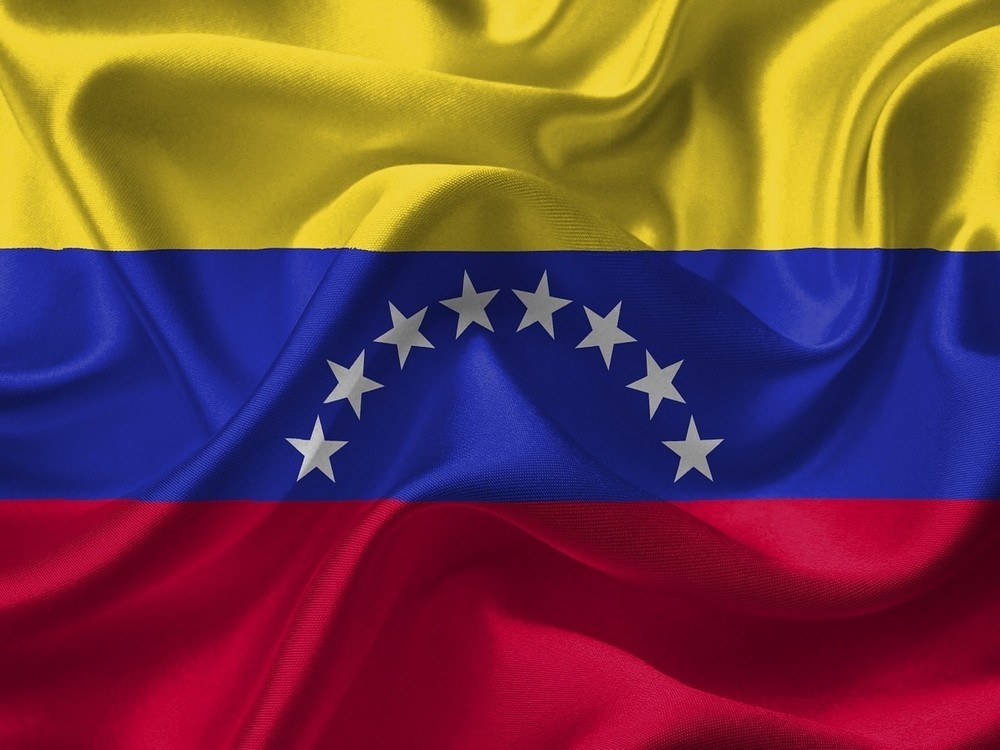The Venezuelan President recently announced that the country might turn to cryptocurrency to overcome its sanction-imposed economic woes. This past Sunday, President Nicolas Maduro took to television to broadcast an announce regarding the cryptocurrency, petro. Petro is a cryptocoin that is intended to be backed by an array of traditional tangible assets including oil, gas, diamond reserves, and gold reserves.
The leader, noted for his left-leaning political views, seemed enthusiastic about the cryptocurrency’s future and what it has to offer Venezuela. However, as of yet, there are still very little details available about petro. Considering the country’s current state, it’s also unclear just exactly how the OPEC member pulled this off.
President Maduro has a regular slot on Venezuelan television every Sunday. However, this last Sunday’s broadcast was dedicated to Christmas celebrations when Maduro broke the news of the proposed cryptocurrency.
According to President Maduro, the petro can prove to be Venezuela’s long-awaited solution to an array of problems, such as regaining some monetary sovereignty and overcoming the current obstacles faced in international transactions. Most of all, cryptocurrency might offer Venezuela a way to bypass the crippling economic sanctions placed on it by the US.
The announcement was met with some opposition. According to those opposed to the petro coin, any suggested state-backed cryptocurrency in Venezuela would require congressional approval, something which currently seems unlikely. At the moment, the Venezuelan bolivar, is in collapse, leaving citizens in dire need of basic requirements such as medical supplies and food. This situation may move congress to approve the petro coin.
While it’s not yet clear how the country intends to go about launching the petro, this announcement is perhaps indicative of the truly damaging implications that the sanctions had on the country. The sanctions were ordered by the US administration under President Donald Trump and hugely impacted the country’s ability to transfer money using banks abroad.
So far, the sanctions have been imposed against executives of Petróleos de Venezuela, S.A. (PEDSA), Venezuelan officials, and the Venezuelan debt issuance. PEDSA is the Venezuelan state-
Bitcoin and other cryptocurrencies have demonstrated exponential growth in the last year alone. It is possible that Maduro was drawn to this factor, together with several traditional banking institutes, as they gradually grow to be more accepting of the cryptocurrency.
However, despite Maduro’s opposition, several members of the crypto community feel uneasy with governments and banks wanting to launch state-backed cryptocurrencies, as it undermines the very nature of digital currency. However, cryptocurrency could prove to be the answer to Venezuela’s prayers. Several Venezuelans have already been drawn to the promise of cryptocurrency, and as the economy continues to crumble, more are likely to do so.
The leader, noted for his left-leaning political views, seemed enthusiastic about the cryptocurrency’s future and what it has to offer Venezuela. However, as of yet, there are still very little details available about petro. Considering the country’s current state, it’s also unclear just exactly how the OPEC member pulled this off.
President Maduro has a regular slot on Venezuelan television every Sunday. However, this last Sunday’s broadcast was dedicated to Christmas celebrations when Maduro broke the news of the proposed cryptocurrency.
According to President Maduro, the petro can prove to be Venezuela’s long-awaited solution to an array of problems, such as regaining some monetary sovereignty and overcoming the current obstacles faced in international transactions. Most of all, cryptocurrency might offer Venezuela a way to bypass the crippling economic sanctions placed on it by the US.
The announcement was met with some opposition. According to those opposed to the petro coin, any suggested state-backed cryptocurrency in Venezuela would require congressional approval, something which currently seems unlikely. At the moment, the Venezuelan bolivar, is in collapse, leaving citizens in dire need of basic requirements such as medical supplies and food. This situation may move congress to approve the petro coin.
While it’s not yet clear how the country intends to go about launching the petro, this announcement is perhaps indicative of the truly damaging implications that the sanctions had on the country. The sanctions were ordered by the US administration under President Donald Trump and hugely impacted the country’s ability to transfer money using banks abroad.
So far, the sanctions have been imposed against executives of Petróleos de Venezuela, S.A. (PEDSA), Venezuelan officials, and the Venezuelan debt issuance. PEDSA is the Venezuelan state-
Bitcoin and other cryptocurrencies have demonstrated exponential growth in the last year alone. It is possible that Maduro was drawn to this factor, together with several traditional banking institutes, as they gradually grow to be more accepting of the cryptocurrency.
However, despite Maduro’s opposition, several members of the crypto community feel uneasy with governments and banks wanting to launch state-backed cryptocurrencies, as it undermines the very nature of digital currency. However, cryptocurrency could prove to be the answer to Venezuela’s prayers. Several Venezuelans have already been drawn to the promise of cryptocurrency, and as the economy continues to crumble, more are likely to do so.

